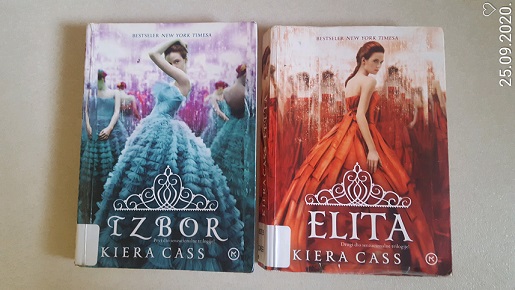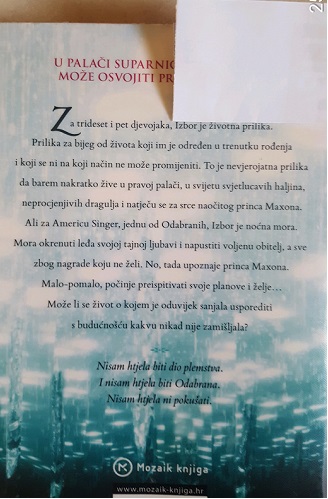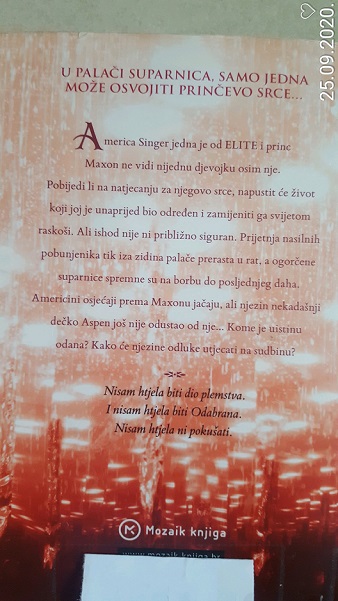Ahahahahh....
Tyrants with a writing problem
I once somehow got the idea that it would be cool to be able to boast of having read a book by Stalin. I accordingly bought a copy of the
Short Course. That was of course a blunder: Stalin is unreadable.

Then a few weeks ago I spotted a reference to Daniel Kalder’s
2019 book
Dictator Literature, which surveys the written (or ghost-written) works of numerous despots from Lenin to President
Gurbanguly Berdymukhammedov of Turkmenistan. The thought occurred: If I can’t read Stalin’s book, I can at least read
about it. So I bought
Dictator Literature.
Incredibly, Kalder has read them all: the literary productions of every crank despot and mass murderer of the past hundred years. (Although I’d guess he resorted to some skim-reading with the thirteen volumes—
seven thousand pages!—of
Albanian dictator Enver Hoxha’s memoirs.) Even more incredibly, he has kept his sanity.
The literary output of dictators is not all turgid theorizing and bombastic self-justification.
Mao Tse-tung famously wrote poetry. So did the young Stalin: We are offered an example. Kalder gives sensible, often witty judgments on it all. He thinks, for example, that
Ho Chi Minh was a better poet than Mao:
Mao never wrote anything as simple and affecting as Ho’s “Goodbye to a Tooth”:
You are hard and proud, my friend,
Not soft and long like the tongue:
Together we have shared all kinds of bitterness and sweetness,
But now you must go west while I go east.
Kalder may not know that in the context of
classical-style Chinese verse, which is what Ho was writing, that last line is a weary cliché, as if an English-language poet were to mention the
sweet sorrow of parting. Perhaps Ho himself knew that and was being ingenious somehow. The line between cliché and allusion is not always clear, certainly not in translated verse.
And as mediocre as Mao’s and Ho’s poetry may have been — and again with all due allowance for qualities lost in translation — Stalin’s was probably worse:
High in the clouds a lark
Was singing a chirruping hymn
While the joyful nightingale
With a gentle voice was saying —
“Be full of blossom, oh lovely land …”

Some of these tyrants of the past century wrote novels as well as poems. Kalder actually contrasts Mussolini’s 1910 effort in this genre,
The Cardinal’s Mistress, with Stalin’s
Short Course:
[The novel] shows that Mussolini, although a Marxist [yes, really: Marxist, fascist, po-tay-to, po-tah-to — JD], could allow for the significance of the inner, subjective world in human action. Now, admittedly, these inner worlds are attached to two-dimensional fictional characters, but at least they have desires and hatreds — in stark contrast to the proper nouns who serve as the protagonists of Stalin’s Short Course. Mussolini’s fictional people, motivated almost entirely by superstition, greed, lust, and hatred, have more substance that Stalin’s “real” people.
The Cardinal’s Mistress was written for money, when Mussolini was a penniless journalist. If you want novels written by tyrants when actually tyrannizing, there are Generalissomo Francisco Franco’s 1942
Raza (“The plot is simple and not wholly incompetent” — Kalder) and the four novels Saddam Hussein published in the early 2000s (“The books were so personal, so important to Hussein that he worked on them right up to the end of his rule.”)
And yes, President Gurbanguly Berdymukhammedov of Turkmenistan
has entered the fiction lists, “launching his debut novel,
The Bird of Happiness, at an event in the city of Dashoguz in October 2013.” I can’t find any evidence of an English translation, but perhaps some poor hack in the Turkmen capital is at work on one.
Writing,
said the Roman, is neither an art nor a science but an illness. (The Irish playwright Brendan Behan described himself as “a drinker with a writing problem.”) Dictators are not immune.
I salute Daniel Kalder for his superhuman perseverance in having read through such a mountain of drivel, and for having presented his thoughts about it with insight and wit. I hereby nominate him for the Presidential Medal of Freedom.







